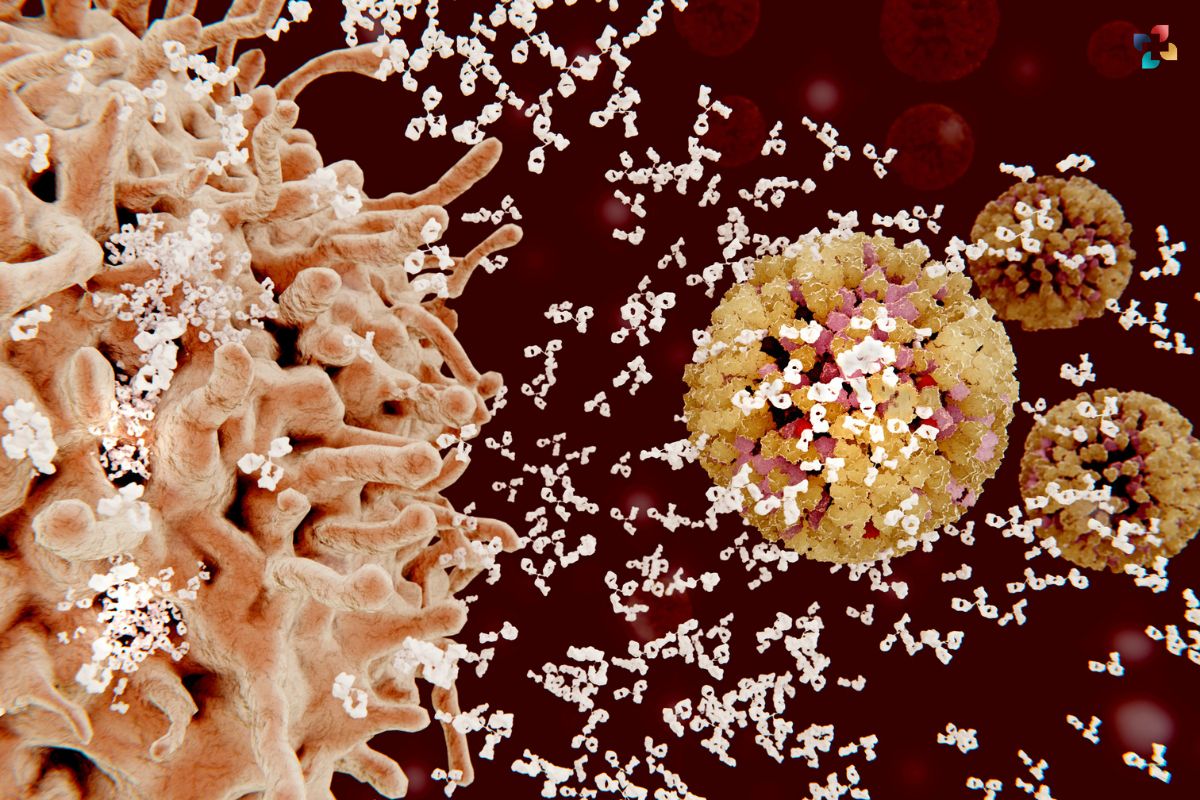Researchers at McMaster University have produced an instruction manual that will assist scientists worldwide in identifying B cells that are difficult to detect.
As part of their efforts to comprehend food allergies, researchers headed by Assistant Professor Josh Koenig of the Department of Medicine and PhD candidate Alyssa Phelps set out to map out a route for locating these cells. On January 19, 2024, their work was published in the journal Nature Protocols.
One class of immunological cell that produces antibodies is the B cell. These cells can trigger allergies and autoimmune illnesses in addition to aiding in the fight against infections and diseases like cancer.
Big problems with trying to study these B cells
One of the big problems with trying to study these B cells, the ones that make these antibodies that have all kinds of different and very important functions, is that they’re really, really, rare. It’s hard to find them. And so, you have to have very good tools that will help you study these things.”
Josh Koenig, Assistant Professor, Department of Medicine, McMaster University
Koenig cited the example of a peanut-specific B cell to illustrate how uncommon these cells might be. Less than 0.0001% of immune cells in human blood are composed of it.
The group used a technique that was first developed by Justin Taylor, who currently runs the University of Virginia’s Taylor Lab. Taylor developed a technique to detect and enrich particular B cells in a sensitive manner utilising antigen tetramers.
Four antigen molecules, which in this instance can be modified by scientists, combine to form tetramers. Customisation is extensive and can include anything from peanuts to B cells specific to COVID-19.
“After using the technology for a few years in several of our studies and making multiple different allergen tetramers and antigen tetramers for other people, we decided to write up a protocol paper to help other people study these incredibly important B cells,” Phelps explains.
Tetramers can be used to investigate the effectiveness of vaccines as well as gain a better knowledge of how allergies function in humans. In order to help McMaster researchers Matthew Miller, Brian Lichty, and Zhou Xing ascertain whether their vaccine candidate activated protective COVID-specific B cells, Koenig and his team took this action.
“With these protocols now published, more researchers around the globe will be able to make these types of tools to help to push their science ahead,” Taylor asserts.
A $10 million grant from the Schroeder Foundation to McMaster University helped fund a portion of the study. ALK Abello A/S, a Danish pharmaceutical business, also contributed funding.








